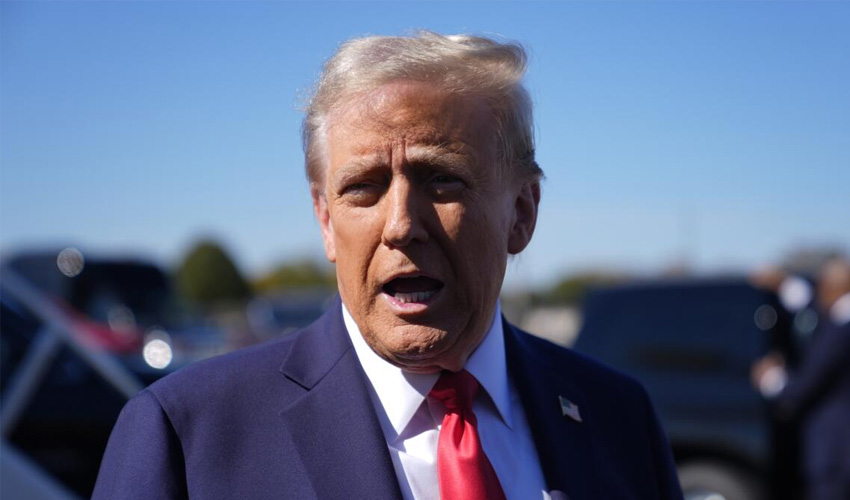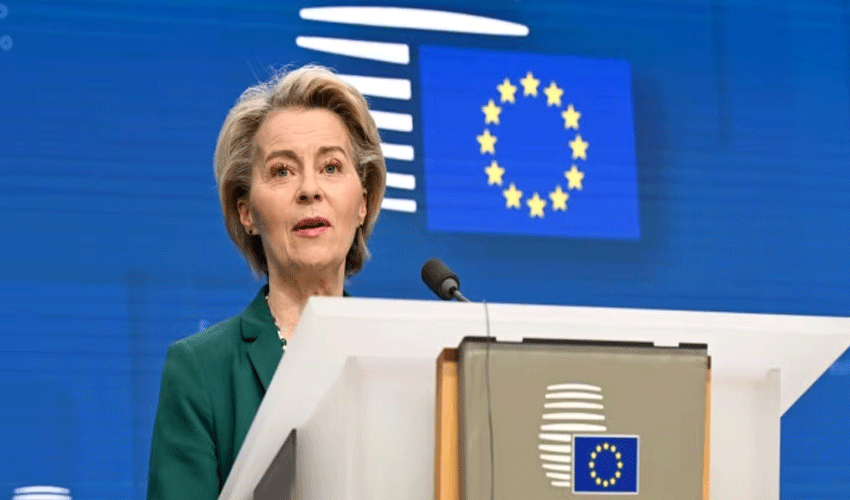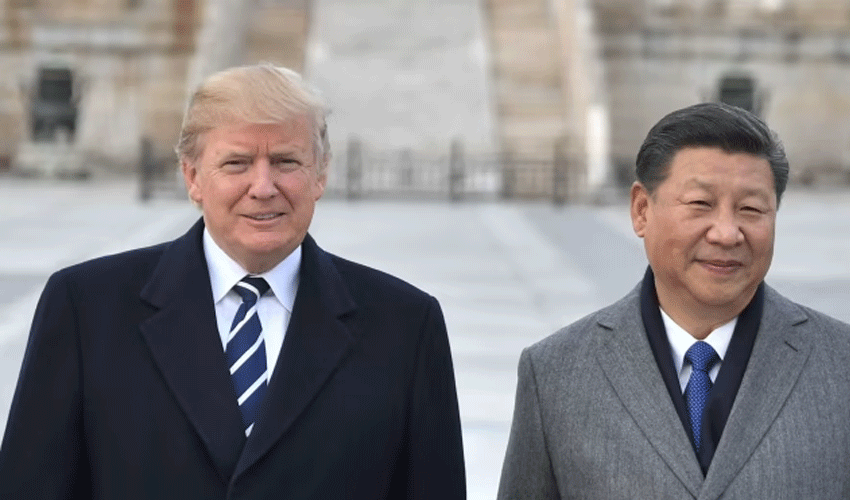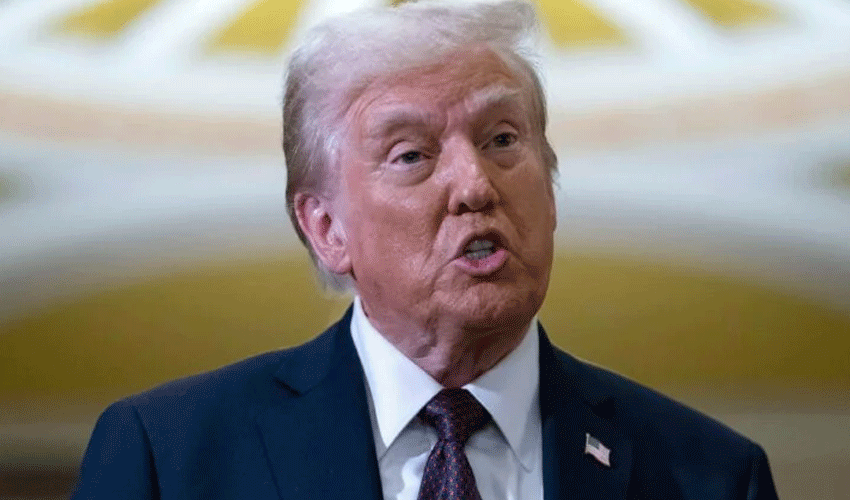US President-elect Donald Trump’s team is considering revised tariff policies focusing on specific critical imports rather than the sweeping universal tariffs he proposed during his 2024 campaign, according to sources familiar with the discussions.
During his campaign, Trump advocated for universal tariffs of up to 20% on all imports to the United States. However, advisors are now exploring sector-specific tariffs aimed at bolstering national and economic security. This potential shift acknowledges concerns that broad tariffs could trigger significant price hikes and political resistance.
Current discussions suggest tariffs may target sectors like defence, medical supplies, and energy production. Key materials such as steel, aluminium, copper, syringes, rare earth minerals, and solar panels are being considered. Specific industries or imports to face these tariffs are yet to be finalized.
Trump’s team is also evaluating plans to impose additional tariffs on countries like Mexico, Canada, and China unless they address issues such as migration and drug trafficking. However, the details and feasibility of such measures remain unclear.
The proposed tariffs reflect Trump’s commitment to reviving domestic manufacturing by incentivizing US-based production. Economists, however, warn of potential negative consequences, such as higher costs for intermediate goods, which could make American firms less competitive globally.
The revamped plans are led by key figures in Trump’s transition team, including Vince Haley, Scott Bessent, and Howard Lutnick. While the policies are not yet finalized, the proposals signal a significant challenge to the global trade order, potentially inviting international retaliation and raising consumer prices.
Trump’s transition team has refrained from commenting on specifics but reiterated the President-elect’s commitment to protecting American manufacturers and workers. In a recent social media post, Trump emphasized the role of tariffs in building the nation’s wealth and reducing debt.
Critics across the political spectrum have expressed concerns, arguing that even the moderated tariff plans could disrupt supply chains and increase costs for consumers and manufacturers. Economists note that a significant share of US imports consists of intermediate goods essential for production, making sweeping tariffs potentially counterproductive.
During his first term, Trump’s tariffs on Chinese goods disrupted global trade and spurred manufacturers to reroute imports through other countries. Similar ripple effects could arise from the new policies. Advocates of trade restrictions argue that sector-specific tariffs would be easier to implement and enforce, avoiding broader compliance challenges.
As discussions continue, Trump’s tariff plans remain a centerpiece of his economic agenda, with the goal of reshaping U.S. trade policy to prioritize domestic production and economic independence.



























